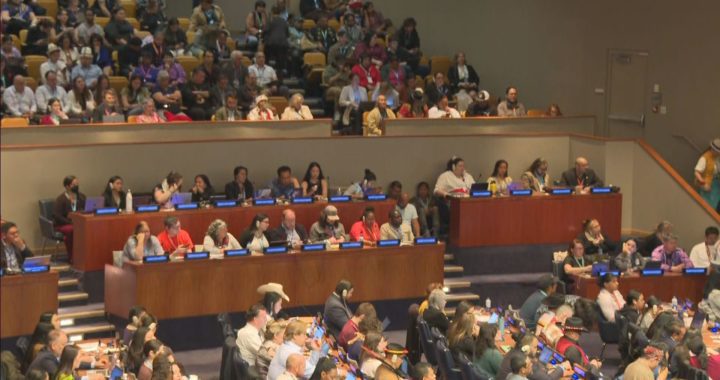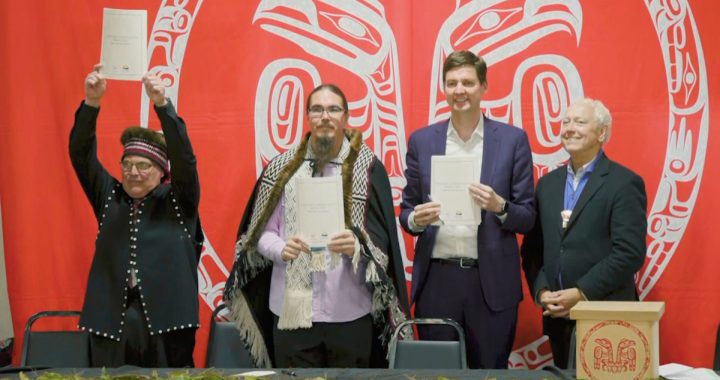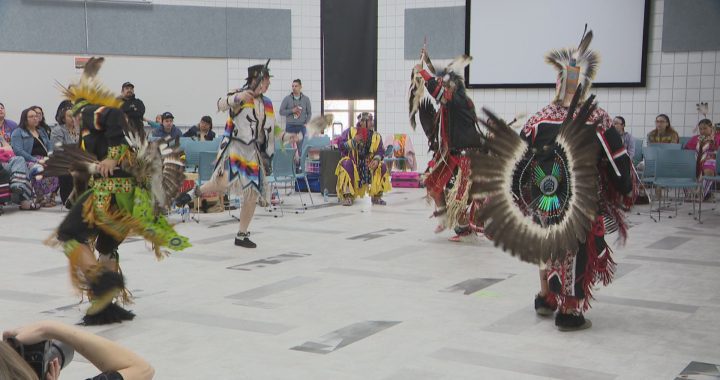A First Nations Elder slammed one of the Canadian government’s top lawyers as a week-long court battle over child welfare and Jordan’s Principle concluded Friday in Federal Court.
“I hope the person from Justice Canada is listening,” said Elder Ed Sackaney as he closed the proceedings. “He talks about evidence. He talks the nice talk.
“But he’s here primarily to destroy the Aboriginal people, the Aboriginal children. That’s his mandate. It’s a thing called — and I’ll be honest — genocide. That’s what it is.”
Moments earlier, Justice Paul Favel reserved his decision on two judicial reviews filed by the Canadian government.
The fate of two Canadian Human Rights Tribunal orders expanding eligibility for Jordan’s Principle and compensating victims of the child-welfare system are in the Cree judge’s hands.
“I’m very well aware of how important this is to First Nations children throughout this country, and how important it is to all of you,” Favel said, promising to write the rulings sooner rather than later.
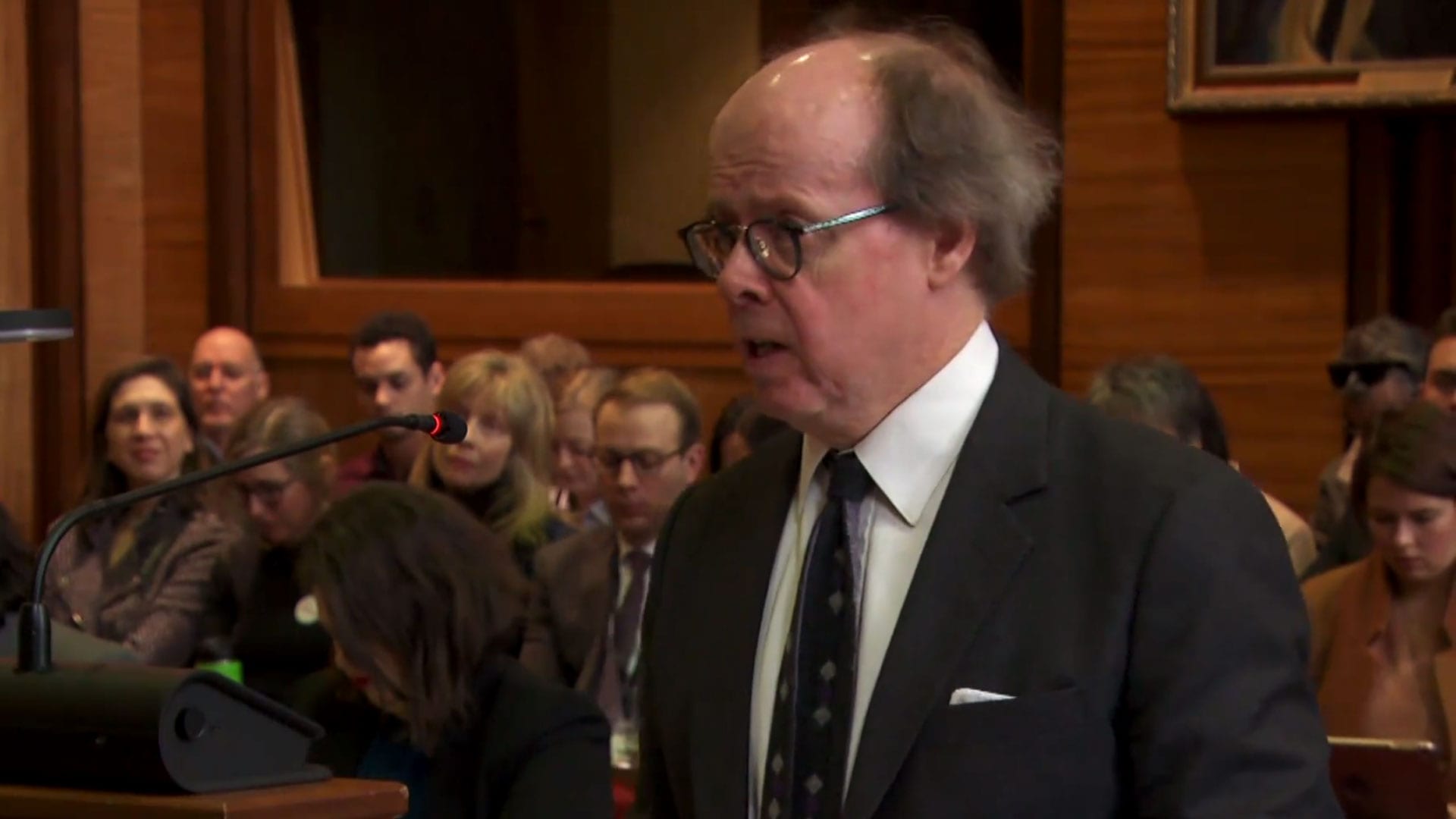
He then turned the virtual floor over to the Elder from Fort Albany First Nation in Ontario, who said a prayer to help the judge reach a good verdict.
Sackaney reprimanded Justice Canada chief general counsel Robert Frater, who wore an orange ribbon — a symbol recognizing the harms of residential schools — pinned to his lapel.
“As a former residential school (survivor), what I witnessed was insulting. I request you take that ribbon off, because it’s a sacred symbol to us,” Sackaney said before suggesting Frater’s political bosses do the same.
“Enough of your talking,” he said. “When I look at your, eyes I don’t see a spirit to this government, of Justice Canada. I don’t see a spirit. I see nothing.”
Frater earned heavy criticism for attacking the human rights tribunal rulings all week, though none of it as fierce as the Elder’s.
Compensation awarded in 2019
The human rights tribunal is a quasi-judicial body that investigates complaints of discrimination. It began hearing this complaint in 2013.
In 2016, it concluded Canada racially discriminates against First Nations children on reserves and in the Yukon by knowingly underfunding the First Nations child-welfare system and refusing to implement Jordan’s Principle.
In 2019, the panel awarded the statutory maximum of $40,000 to thousands of children in care and their caregivers for pain, suffering and the indignity Canada’s “wilful and reckless” conduct caused.
Frater argued this compensation award was so “deeply problematic” and “seriously flawed” Favel should overturn it or send it back to a tribunal with new panel members.
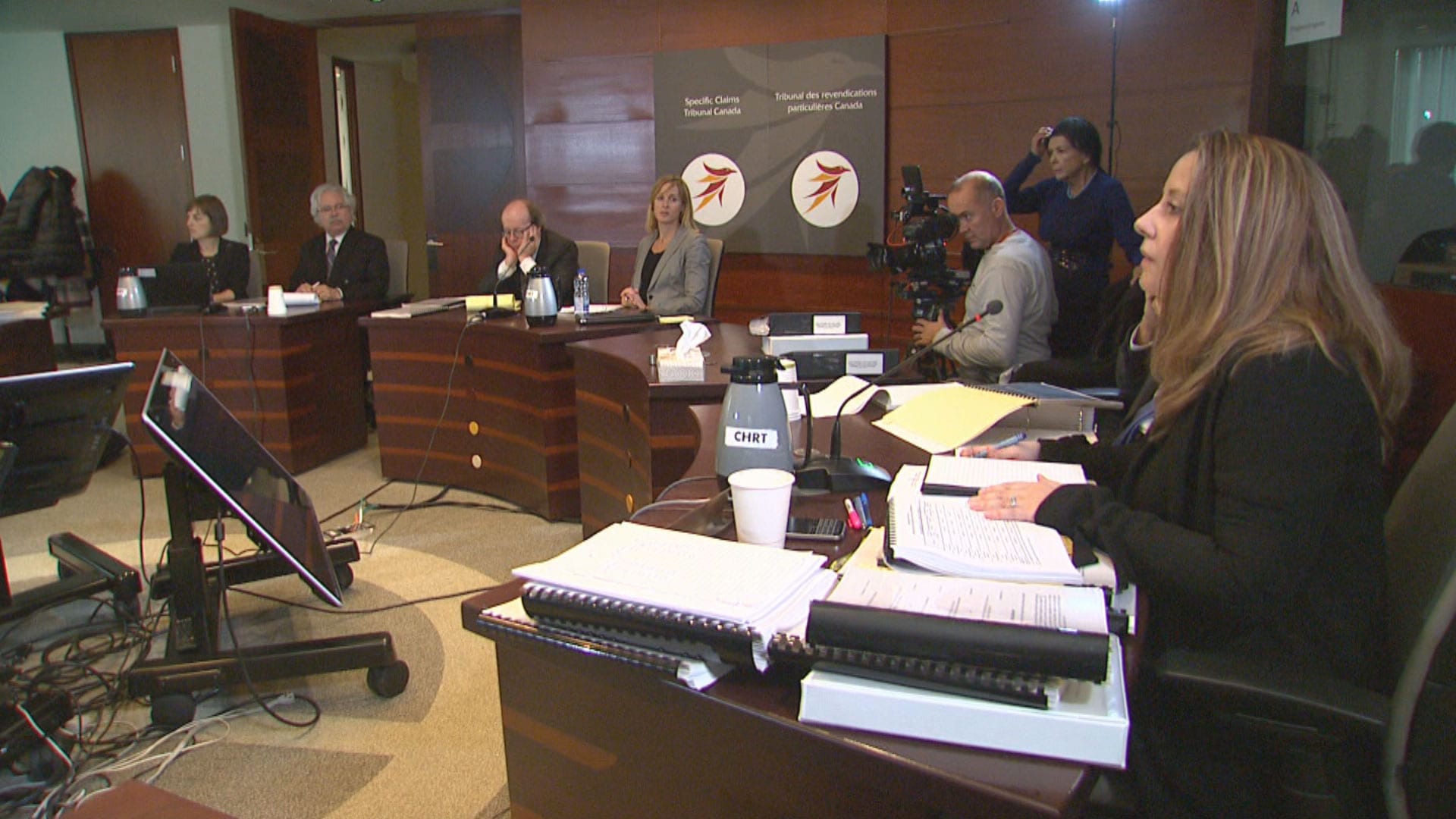
He said Canada has largely complied with tribunal orders, spent billions reforming First Nations child welfare and created a working Jordan’s Principle system.
Frater argued the panel imposed on Canada a procedurally unfair class-action settlement that lacked a lead plaintiff and adequate evidence of pain, suffering and harm.
He argued the decision “lacked any sense of proportion” by awarding the statutory maximum to all victims — estimated in the tens of thousands — without considering the different levels of harm.
He claimed a proposed, uncertified class action filed in 2019 would be superior as it would correct these perceived shortfalls.
“This decision is not the path to payment,” said Frater. “That path, with respect, lies through this court in a class action.”
But Frater’s opponents blasted these arguments.
Read More:
‘Racist and colonial’: Canada uses Indian Act to fight tribunal order expanding Jordan’s Principle
Amnesty International Canada, the Assembly of First Nations (AFN), the Canadian Human Rights Commission, Chiefs of Ontario, the Congress of Aboriginal Peoples and the First Nations Child and Family Caring Society all united against Canada.
Caring Society counsel Sarah Clarke called Ottawa’s contentions technical, legalistic, irrelevant, paternalistic and colonial.
She told Favel the class action argument is a red herring — a “divide and conquer approach” — that would benefit only Ottawa and so “should not be trusted.”
The AFN skewered Canada as a “serial violator” of legally binding human rights tribunal orders.
AFN counsel David Nahwegahbow said Ottawa had engaged in a “callous” 14-year campaign of legal obstruction, deflection and non-compliance.
“It is, frankly, heartless for Canada to be challenging the tribunal’s decisions,” said Nahwegahbow. “How can they question that removing children from families causes harm?”
They all asked for Canada’s reviews to be dismissed or remitted to the same panel.
No evidence non-status experience discrimination: Canada
Frater was undaunted by the criticism, however, as he launched the second judicial review on Thursday.
In 2020, the tribunal ruled Canada was still not applying Jordan’s Principle to all First Nations children on and off reserve, ordering Ottawa to consider non-status children eligible if they are recognized by their nation or have one parent with status.
Jordan’s Principle is named for Jordan River Anderson, a Norway House Cree Nation boy from Manitoba born with complex medical needs in 1999.
Jordan spent his entire life in hospital because Manitoba and Ottawa couldn’t agree on who would pay the costs of his home care. The governments were still squabbling when he died at age five.
Jordan’s Principle was adopted by Parliament in 2007 to ensure First Nations children have prompt access to essential social services and crystalized in 2017 when the tribunal defined it further.

Frater said the original complaint the AFN and Cindy Blackstock, Caring Society executive director, filed in 2007 only alleged Canada’s funding formula for child welfare was discriminatory against children on reserves.
The complaint mentioned Jordan’s Principle a few times, he said, and requested $112 million put in a trust — not billions in individual payouts. Frater claimed the tribunal lacked any evidence non-status children living off reserve experienced discrimination.
“There’s no reasonable argument to give compensation on the basis of wilful and reckless (discrimination) in these circumstances to this class of people,” he said. “There’s certainly no wanton and heedless behaviour to justify that.”
Frater anchored the second part of his argument on Canada’s duty to implement the Indian Act, which also earned him some backlash.
“The tribunal clearly does not like the Indian Act,” said Frater, “but that does not mean that Canada is compelled to ignore it.”
The AFN roasted Canada for relying on “racist and colonial” policies to save money, while the Caring Society accused Ottawa of making “bafflegab” arguments and “hiding the ball.”
In response, Frater fell back on his core contention the tribunal moved the goalposts on Canada and made orders it had no evidence to support.
“Convenience does not give the tribunal a mandate to make policy decisions,” he said. “They have a limited statutory mandate. It depends on receiving evidence of discrimination, and they have to stay within their lane.”
Liberals flout unanimous House motion
The judicial reviews became more politically charged after the Tk’emlúps te Secwépemc First Nation in B.C. announced May 27 the existence of an unmarked burial site containing what are believed to be the graves of 215 students at a former residential school in Kamloops.
On June 7, Parliament unanimously passed a legally non-binding NDP opposition motion demanding Ottawa drop these appeals — a vote from which Prime Minister Justin Trudeau, his cabinet and some of the party’s lieutenants on the backbench abstained.
The motion demanded the Liberals produce a report within 10 days laying out their actions in response, which they failed to do.
On Friday, NDP MP Charlie Angus urged the House speaker to hold the Liberals in contempt of Parliament for flouting the motion.
The speaker said he would consider it.
The budget office in Ottawa estimated it would cost up to $15 billion to pay the compensation order based on a framework Canada and the other tribunal litigants agreed to.
First Nations children make up only seven per cent of the general population yet constitute 52 per cent of children in foster care, according to government figures.
There are presently more children in state custody today than at the height of the residential school era.






